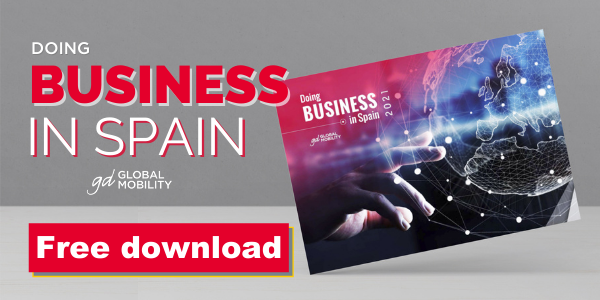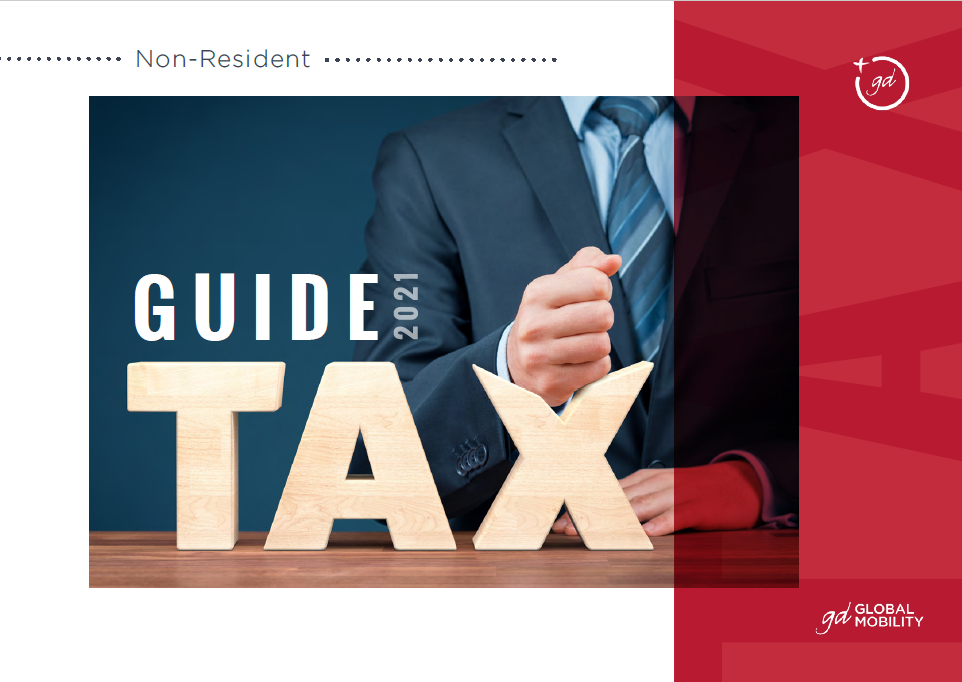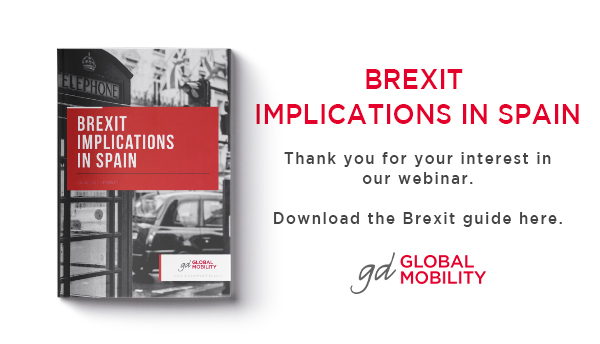
The Council and the European Parliament have reached an agreement to launch a draft directive to establish entry and residence conditions for highly qualified third-country nationals who wish to live and work in the European Union. In this scenario, the agreement aims to reform the "blue card" in order to attract and retain highly qualified workers who want to settle in the European Union.
Measures to attract highly skilled workers to the EU
The main measures contemplated in this first provisional agreement are:
- Establishing more inclusive admission criteria, reducing the salary threshold to qualify for a blue card, allowing lower thresholds for graduates, or reducing the minimum duration of the employment contract to 6 months, among other examples. In other words, one of the main measures would be to introduce more flexible requirements to qualify for an EU blue card.
- Facilitating mobility within the European Union: for example, reducing the minimum period of residence in the first Member State, simplifying and accelerating the process for practicing mobility, and allowing the accumulation of periods of residence within the framework of different regimes in order to obtain long-term resident status.
- Providing greater flexibility to change employer: EU blue card holders and their family members could move to a second State after working 12 months in the first.
- Facilitating family reunification. The European Council foresees that the partner or spouse of the holder of the blue card may be offered unlimited access to the labor market.
- Simplifying procedures for recognized employers.
- Granting a high level of access to the labor market by establishing that Member States can allow EU blue card holders to pursue self-employment, or other auxiliary professional activities, or by offering protection in the event of unemployment.
- Expanding the scope of application to family members of EU citizens from non-EU countries and to beneficiaries of international protection.
Ultimately, this first agreement that has been reached envisages including new conditions within the framework of the European Union to make it a more attractive destination for highly qualified foreign workers. Ylva Johansson, European Union Commissioner for the Interior, stated: "The new rules will facilitate work and mobility within the EU, and will recognize the potential of highly-skilled workers from various backgrounds, including beneficiaries of international protection."
What are the next steps?
It is important to note that these new rules envisaged within the framework of the European Union are only a political agreement, and both the Parliament and the European Council have yet to formally confirm this by adopting a new Directive. Once adopted, the EU Member States will have a period of two years to transpose the rules into their corresponding national legislation.
Do you have a university degree and a job offer in Spain? GD Global Mobility can help you with all the necessary steps to obtain a work permit. Contact our professionals for more information: Work Permit for Highly Qualified Professionals.



